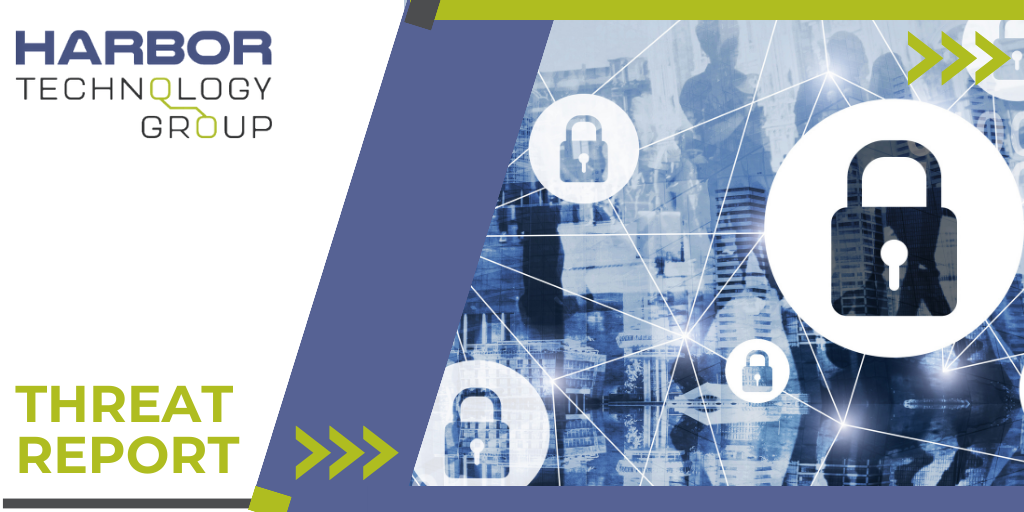Threat Report 12/10/24
Multiple Vulnerabilities in Google Android OS Could Allow for Remote Code Execution Multiple vulnerabilities have been discovered in Google Android...
.png)
Affected Systems:
Risk:
Remediation Recommendations
References
Multiple vulnerabilities have been discovered in Mozilla Products, the most severe of which could allow for arbitrary code execution. Successful exploitation of the most severe of these vulnerabilities could allow for arbitrary code execution in the context of the logged on user. Depending on the privileges associated with the user, an attacker could then install programs; view, change, or delete data; or create new accounts with full user rights.
Affected Systems:
Risk
Remediation Recommendations
References
Multiple vulnerabilities have been discovered in SonicWall Secure Mobile Access (SMA) 100 Management Interface, which could allow for remote code execution. SonicWall Secure Mobile Access (SMA) is a unified secure access gateway used by organizations to provide employees access to applications from anywhere. Successful exploitation of these vulnerabilities when chained together could allow for remote code execution, potentially leading to session hijacking and full system compromise.
Affected Systems:
Risk
Remediation Recommendations
References
A significant upcoming change in the SSL/TLS certificate landscape has been approved: a proposal to reduce the maximum validity period of public TLS certificates from the current 398 days to just 47 days by March 2029. This initiative, led by Apple and supported by industry stakeholders like Sectigo, aims to enhance internet security by minimizing the window of opportunity for attackers to exploit compromised certificates and by promoting more agile cryptographic practices.
To facilitate a smooth transition, the reduction will occur in phases:
These changes underscore the importance of automation in certificate management. Organizations are encouraged to adopt automated Certificate Lifecycle Management (CLM) solutions, such as those utilizing the ACME protocol, to handle the increased frequency of certificate renewals efficiently. Embracing automation not only aids in compliance with the new standards but also strengthens overall cybersecurity posture.
WIRED has published a report on North Korea's efforts to obtain remote IT positions at foreign companies, noting that these fraudulent workers are now using AI tools to cheat on coding tests and technical interviews. The threat actors are also using deepfake technology to bypass ID checks. The primary goal of these workers is to earn a paycheck for Pyongyang, though they also occasionally use their access to conduct espionage or launch financially motivated attacks.
Researchers at Mandiant and Google Cloud covered this same topic in a media briefing at RSAC 2025, CyberScoop reports. Mandiant Consulting CTO Charles Carmakal stated, "There are hundreds of Fortune 500 organizations that have hired these North Korean IT workers." Carmakal added, "Literally every Fortune 500 company has at least dozens, if not hundreds, of applications for North Korean IT workers. Nearly every CISO that I’ve spoken to about the North Korean IT worker problem has admitted they’ve hired at least one North Korean IT worker, if not a dozen or a few dozen."

Multiple Vulnerabilities in Google Android OS Could Allow for Remote Code Execution Multiple vulnerabilities have been discovered in Google Android...

A Vulnerabilityin Google Chrome Could Allow for Arbitrary Code Execution Multiple vulnerabilities have been discovered in Google Chrome, which...
.png)
“Fast Flux” Threatens National Security, CISA Issues Advisory On April 2nd, CISA issued a joint Cybersecurity Advisory that highlights the...